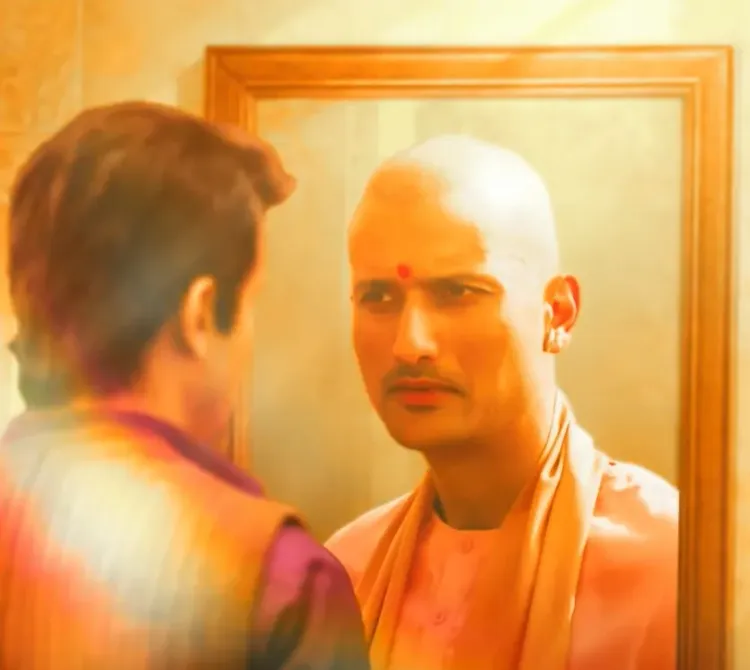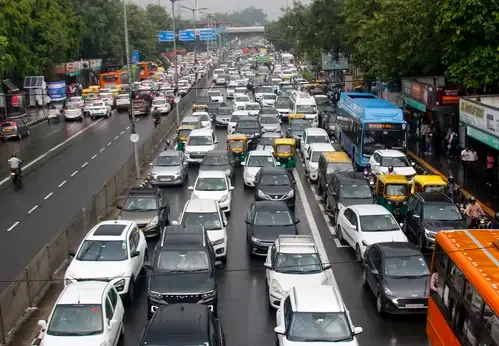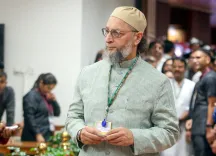Why Did the Bombay High Court Rebuke the CBFC Over ‘Ajey’ Certification?

Synopsis
Key Takeaways
- Bombay High Court emphasizes transparency in film certification.
- CBFC required to provide clear reasons for content objections.
- Filmmakers given a timeline to respond to proposed edits.
- Previous certifications for films on political figures noted.
- Potential impact on future film certification processes highlighted.
Mumbai, Aug 7 (NationPress) In a pivotal ruling, the Bombay High Court has instructed the Central Board of Film Certification (CBFC) not to require a no-objection certificate (NOC) from Uttar Pradesh Chief Minister Yogi Adityanath for the certification of the film “Ajey: The Untold Story of a Yogi.”
This decision followed claims from the filmmakers that the CBFC had denied their application without offering clear justifications or specific objections, contravening the 2024 Certification Rules. Counsel for Samrat Cinematics, including Advocates Naphade, Satatya Anand, and Nikhil Aradhe, argued in court that the CBFC is required under the 2024 Certification Rules to explicitly outline any objectionable content, allowing filmmakers to address such concerns.
The bench, comprising Justices Revati Mohite Dere and Dr. Neela Gokhale, remarked that the CBFC’s conduct seemed obstructive, indicating that the board was unduly complicating the certification process and establishing unnecessary barriers. “These are not reasons. This isn't as per the rules. Why don’t you give them the grounds for rejection? By August 11, you tell them what the objectionable scenes and dialogues are.”
The court mandated the committee to conduct a comprehensive review of the film and to provide specific recommendations instead of ambiguous rejections. According to the court's timeline, the CBFC must pinpoint any objectionable content or propose edits by August 11, 2025.
The filmmakers are expected to respond with their position on the suggested modifications by August 12, 2025. The case will be revisited on August 14, 2025.
It is noteworthy that the CBFC has previously approved a number of films featuring well-known political figures, such as Prime Ministers and Chief Ministers. This list includes PM Narendra Modi (2019), Mai Hoon Atal (2024), Dharamveer (2022), Thalaivi (2021), Thackeray (2019), Yatra (2019), and most recently, The UP Files, a film focused on Yogi Adityanath, which the CBFC approved in 2024.









